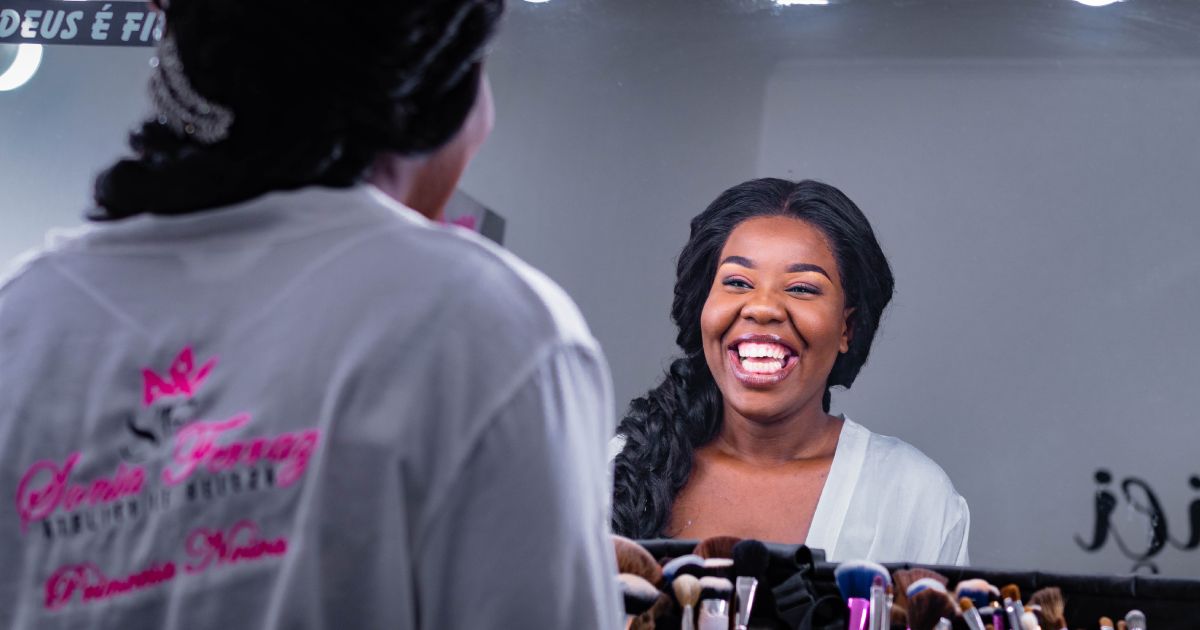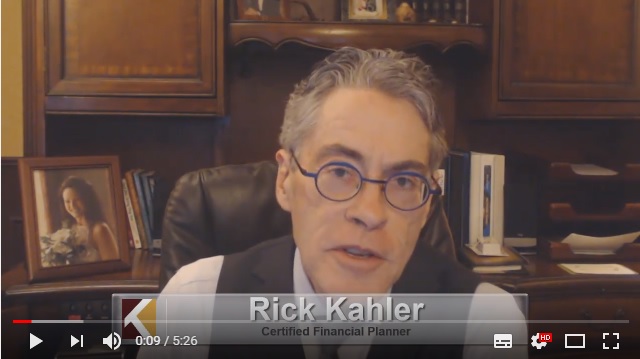The following blog is by Amy Jo Lauber originally published on her blog page.
We were happy to have professional organizer Jamie Shaner of Home Solutions present to our group about the financial benefits of being organized. Jamie works with residential as well as small office spaces and specializes in seniors who are downsizing as well as other people to provide “moving situations management.”
Just like budgeting, being organized reduces stress.
Jamie mentioned a study that shows that the more clutter someone has, the more cortisol (stress hormone) is produced, especially in women. Increased cortisol levels are linked not only to stress but to weight gain, especially in the abdomen. So, decluttering may also be a weight loss strategy!
Another survey found that only 6% of people felt their home was a happy, comforting place to be. I can buy items to furnish our home but day-in-and-day-out find that merely having a clutter (and crumb)-free kitchen table makes me happy.
In this blog post “Calm Homes Breed Happy People” interior designer and founder of Apartment Therapy Maxwell Gillingham-Ryan says, “Many people in the country who work really hard, their home turns into a little dumping ground, and they’re always running late or losing things, they don’t invite friends over. If your home is feeling like that, what you want from your life and relationships is going to suffer, because your foundation is not strong.”

Multi-ethnic business people sitting holding clocks over faces.
Being organized saves us precious time.
It is estimated that we spend one year of our lives searching for things. This is time we could refocus and use much more enjoyably! Of course, most of us, given extra time, would sleep.
We are more efficient and more likely to keep appointments and meet deadlines when we are organized. This helps us (as Bill Knoche says) “stay in integrity.”
And the kernel of the day: Being organized saves money!
- No more late fees
- Opt for the online payment date that works for you and your pay schedule (automate what you can)
- Eliminates duplicate purchases (remember to organize like with like). This is especially true with clothing and school supplies (if I have to buy another box of crayons…).
- Donate items (possible tax deduction), sell items (garage sales, ebay)
Jamie introduced us to people who are “clean hoarders.” These people typically have a spare room filled with packages, often unopened, and bags of items still with price tags. She calls these things “remnants of retail therapy.” People who have this condition typically suffer from depression, loneliness, and feelings of low self-worth. This problem has a devastating effect on relationships as the purchases undoubtedly affect the family’s finances and the perpetrator endures feelings of shame for his/her purchases and behavior.
One problem I’ve had in de-cluttering is getting rid of things that belonged to my ancestors. But as Jamie explained, “your ancestors are not in some old dishes.”
 But part of them is!
But part of them is!
I wrote in my blog post Sentimentality, Insurance and Psychological Contamination that your grandmother’s wedding ring is worth more to you than an exact replica of it because it was on her physical body. If you have a treasured heirloom from a loved one, then treat it as such; don’t stick it in the basement in a musty old box.
Do you need it?
Do you love it?
Do you use it?
If not, give it to someone else who will love and use it; keeping it out of a sense of guilt doesn’t confer the respect your loved one deserves. Allow yourself to release it and grieve a second time.
Jamie shared the five steps to any organizing project:
1. Start small (baby steps are more successful than a blitz)
2. Put like with like
3. Categorize (keep, throw away, donate, sell, give to someone else, file, recycle). One point my organizer Ruthann Szychowski shared with me was “Garbage is garbage. You keeping it does not stop it from being garbage” (as my reduce-reuse-recycle mantra can go into overdrive).
4. You can’t put it away if it doesn’t have a home. Create homes for items and train your family.For example, if your kids have no place to put their backpacks, don’t be surprised if they end up all over your hallway.
5. Maintain & move on. Have one junk drawer (not ten) and rename that drawer “the go-to drawer” to change the energy into something positive.
Some talk on paper:
Don’t print out statements if you have paper overload, get them online.
Some apps that were mentioned as useful include Wunderlist, Out of Milk, and One Note.
Put all of your children’s school papers/drawings face down in a plastic bin. At the end of the year, go through them (Jamie suggests you do this alone and with a beverage of choice) and only keep 1 to 2 papers per year and file them by year.
We tend to honor systems when they’re professionally labeled because they’re easy to read and seem more official. Invest in a label maker or use one of the many label programs offered through your computer or office supply store.
Color coding helps identify items and also makes the task more pleasant.
Have archive files (for long-term) and a day-to-day file.
Label by use or by person, have a file for bills due the 1st and bills due the 15th, and a pending/to-do file. Go through while watching tv during commercials.
Here is a good guide to the one issue I hear time and time again: “What documents should I shred and what should I keep?”

A fisheye image of a nerdy woman looking sideways.
Ask yourself: WHY am I keeping this? and then determine what thelikely consequences are of tossing it.
Budget, be organized, and be well.
Photos from ClipArt.
About the author: My mission: I help people make good financial decisions with confidence. My purpose: I help people find peace with money. As President of Lauber Financial Planning, I provide financial advice, guidance and coaching on a fee only basis (no products, no commissions). I run a monthly support group called “I HATE Budgeting (But I Like Having Money)”, offer classes and seminars, speak around the world on the psychological, sociological, spiritual and emotional aspects of personal finance, and am the author of the ground-breaking book, “Living Inspired and Financially Empowered: Aligning Our Spiritual and Material Lives.”






0 Comments